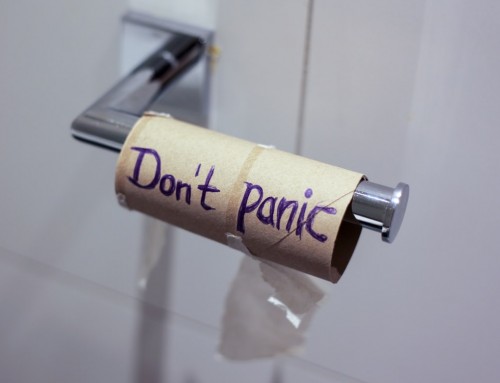Looking at Round 1, the application process was clunky at the start as regulators, the US Small Business Administration, and banks rushed to rollout the program in two weeks. According to crowdsourced survey data at COVID Loan Tracker, the number of funded PPP loan applications were most widely processed by small and regional banks (38% of 19,369 respondents.) In contrast, big banks were underrepresented with 18.6% (2,750 responses) by JP Morgan Chase, 15% (2,212 responses) by Bank of America, and 4.2% (619 responses) by Wells Fargo. Adding to the frustration for mom-and-pop shops, hundreds of millions of PPP dollars were claimed by publicly traded companies. Multiple class-action lawsuits have been filed alleging that big banks prioritized large loans to existing clients, which yielded higher origination fees, over small businesses in most need.
Leverage Your Relationships
Among businesses to receive PPP loans, most business owners applied through a bank where the best banking relationship existed. For smaller business, small and regional banks offered personalized service and a higher likelihood of submitting loans to the SBA. At big banks, it appears that the publicly traded companies that got funded had connections to senior bank officials. All businesses owners know that the squeaky wheel gets the grease so even at smaller banks, many loan seekers kept in close contact with bank managers and found that persistence paid off. Many who were not able to apply through their big bank adapted quickly by finding a smaller bank willing to help them.
Who Will Be Quickest?
The best place to apply for future rounds of PPP is unclear right now. Based upon the volume of loans submitted to the SBA leading up to the first round of money being depleted indicates that big banks have streamlined their processes. JPMorgan Chase, Bank of America, and Wells Fargo now have thousands of employees processing customer paperwork and software to rapidly submit applications to the SBA’s E-Tran platform. In turn, some say that big banks are ready to process the deluge of applications in the queue. Others suggest that regional and community banks that punched far above their weight in Round 1 may be better for Round 2 due to smaller back logs.
Fintech Non-Bank Lenders
Just prior to PPP running out of funds, the US Small Business Administration approved several fintech companies including Intuit, PayPal, Square, and others to make loans through the Paycheck Protection Program. This was welcome news to many small business owners who might not have had existing relationships with larger banks. These non-bank lenders certainly made the process easier, collecting information via website portals, in contrast to the early days where many big banks initially turned small businesses away. While fintech companies are eager to prove they are capable of operating government-guaranteed programs, it should be noted that the latest bill includes a $60 billion “set-aside for insured depository institutions, credit unions, and community financial institutions” to lend. Because fintech companies do not take deposits, they may be excluded from this money and have less PPP funds from which to originate loans.
Wherever you choose to apply, we hope that you find resources and funding to get your small business through this unprecedented economic disruption. Last week, I interviewed Gerri Detweiller, a credit expert and Educational Director at Nav, who mentioned that in addition to SBA emergency loan programs, business owners might consider seeking out state programs or crowdfunding. For example, Kiva.org is offering $10,000 loans at 0% interest. For more information about PPP details, loan forgiveness, and a list of participating lenders by state, visit the SBA website at www.sba.gov.
If you already applied for PPP, when did you submit your application? Have you received a response?






